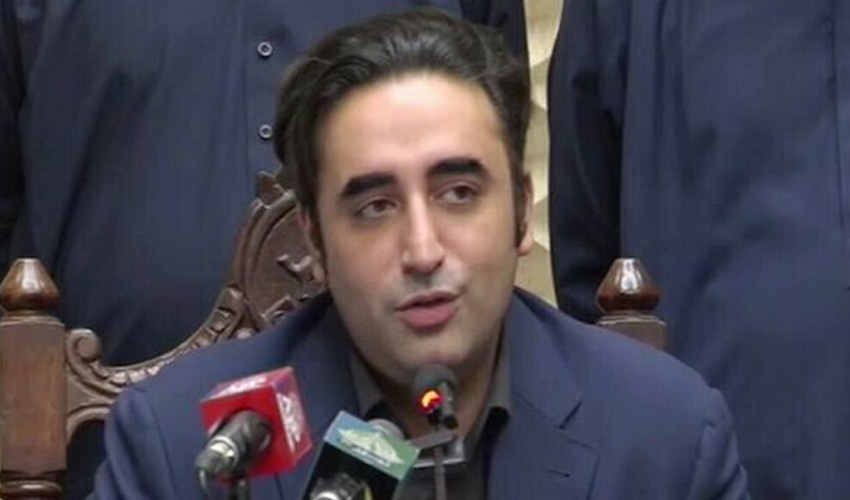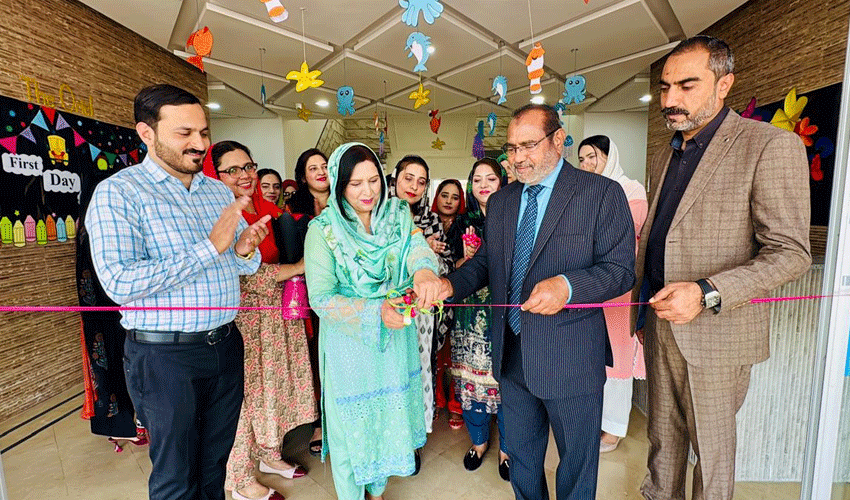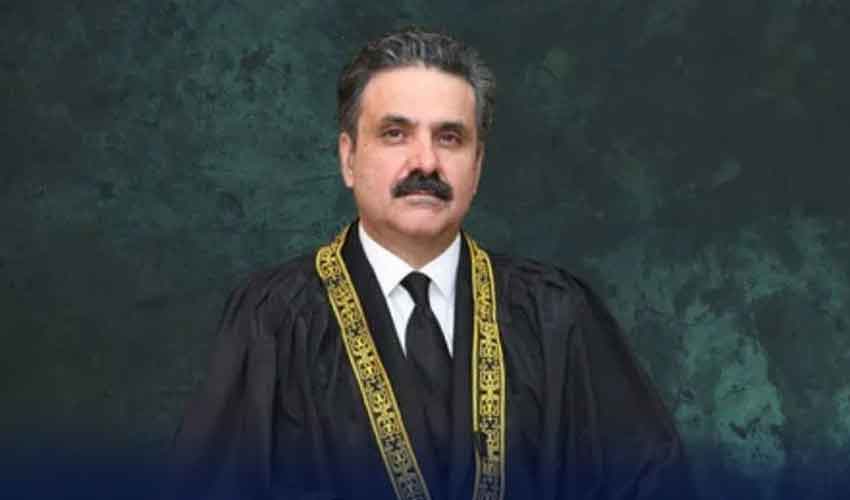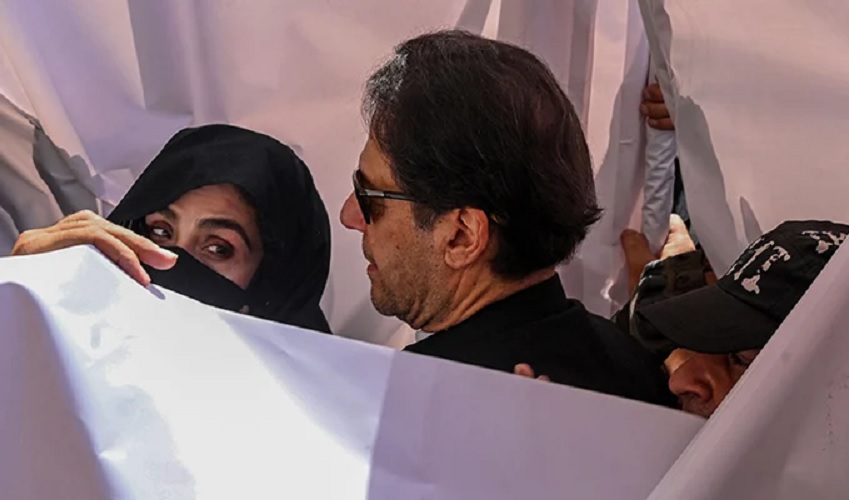Pakistan People's Party (PPP) Chairman Bilawal Bhutto Zardari reiterated his commitment to judicial reforms and the establishment of a Federal Constitutional Court, stressing the need for a fair and just legal system that serves the people.
Speaking on various issues, Bilawal highlighted his party's long-standing efforts to strengthen the judiciary throughout three generations.
Bilawal emphasized that the amendment to the floor-crossing law was introduced by the PPP, but the Supreme Court's decision on Article 63A was deemed unconstitutional by the PPP.
He expressed concerns about the intentions of certain judges and administrative figures but assured that his intentions were solely focused on justice for the people.
“The establishment of a Federal Constitutional Court is essential to ensure that the judiciary fulfills its responsibilities," Bilawal said.
He further explained that such a court would allow the Supreme Court to focus on cases affecting ordinary citizens, while the constitutional court would handle governmental and constitutional matters.
Bilawal pointed out that the Supreme Court spends 90% of its time on political and constitutional issues, leaving little room for cases that directly impact the common people.
“A constitutional court will expedite justice for everyone, including those waiting decades for their cases to be resolved,” he added, citing examples such as the case of two brothers’ murders, in which justice was delayed for years, and an old woman who received justice after 50 years.
Bilawal expressed his desire to see the constitutional court established through cooperation across political lines, stating, "It would be better if we sit together to create this court." He also proposed that the Chief Justice of the Federal Constitutional Court be appointed on a rotational basis from each province to ensure equitable representation.
In his address, Bilawal reflected on the PPP’s long-standing role in the restoration of democracy and the creation of the 1973 Constitution. He emphasized that judicial reforms and constitution-making are the responsibilities of the parliament, not the judiciary. He also referenced the Charter of Democracy, signed by his late mother Benazir Bhutto and Nawaz Sharif, which laid the foundation for the Eighteenth Amendment.
Bilawal concluded by highlighting the sacrifices his party has made for the restoration of democracy and the Constitution, underscoring the necessity of completing judicial reforms to secure the future of Pakistan's democratic system.



























